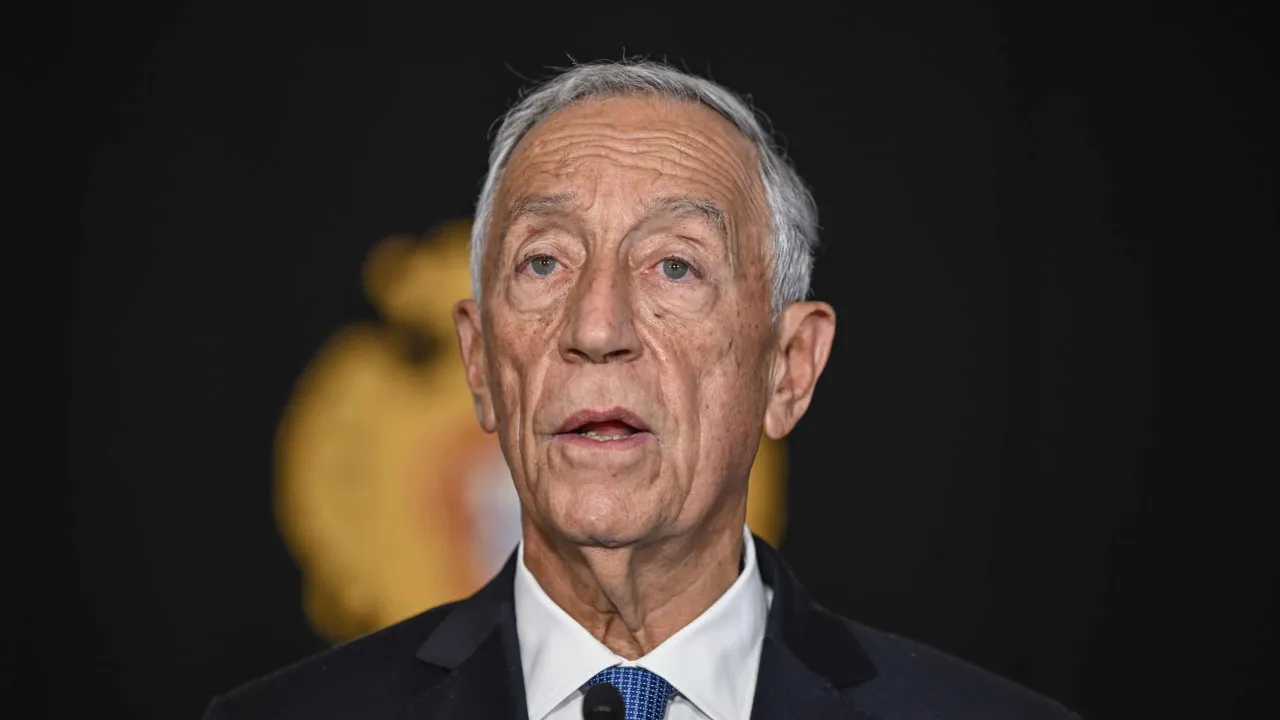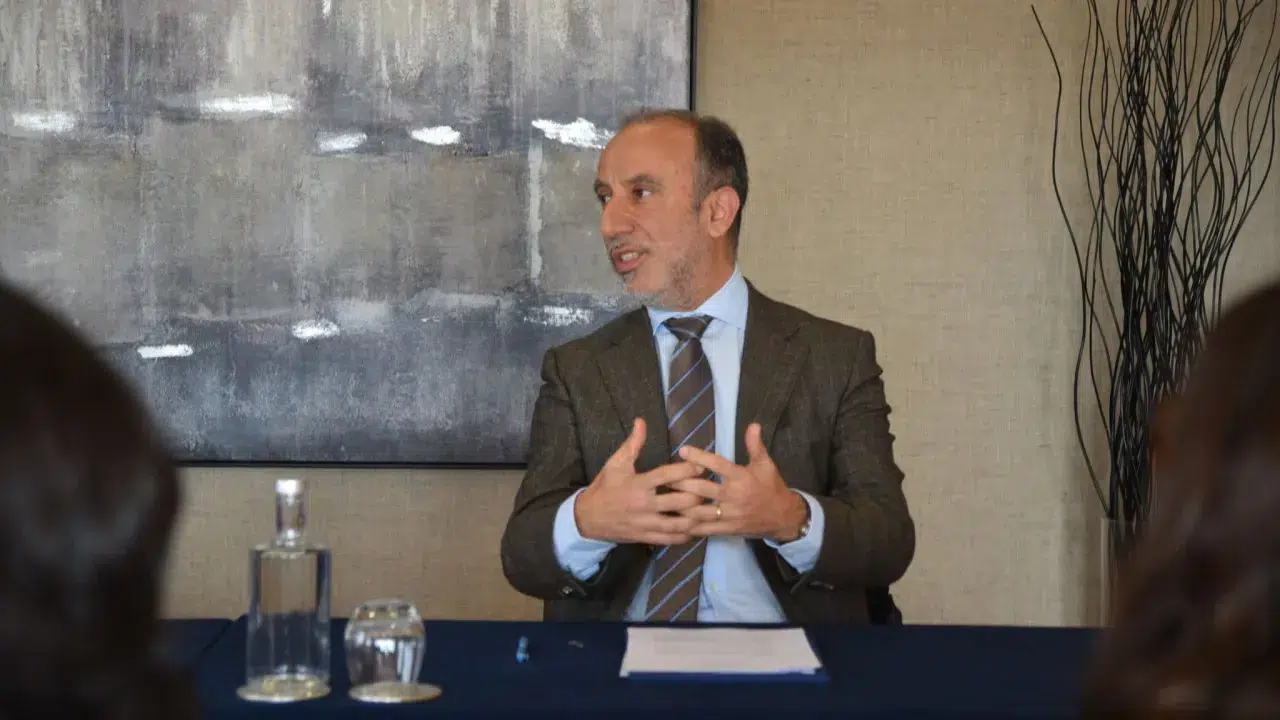
The director of the Portuguese Catholic Work of Migrations, Eugénia Quaresma, expressed concerns following a meeting at the Presidential Office, where the delegation was received by the head of the Civil House. They received assurances that their positions, especially regarding family reunification and judicial limitations, would be conveyed to the President.
The new law restricts applicants’ rights to appeal judicial decisions and imposes a two-year period following the issuance of a residence permit before requesting family reunification for non-minors.
Quaresma highlighted, “There’s a measure that borders on unconstitutionality, which is withdrawing a right that is established and enshrined in the Constitution, that of migrants being able to appeal directly to justice.” Detailed analyses were submitted, she reported.
The management of the process was a major concern. “We do not deny the need to regulate migrations,” she stated, emphasizing that the issue should transcend political ideologies and be based on principles.
These principles, aligned with constitutional, democratic values, European directives, and the Human Rights Charter, should form a national political consensus, she advocated, to prevent immigrants from being used as social alarm devices.
The law, approved by the Government and under review by Marcelo Rebelo de Sousa, “challenges democratic institutions” because “institutions were not consulted,” warned Quaresma.
“Citizens want to trust justice and government authority, but there must be transparency and clarity in the process, in dialogue with all civil society institutions,” she stressed, noting that this did not happen.




